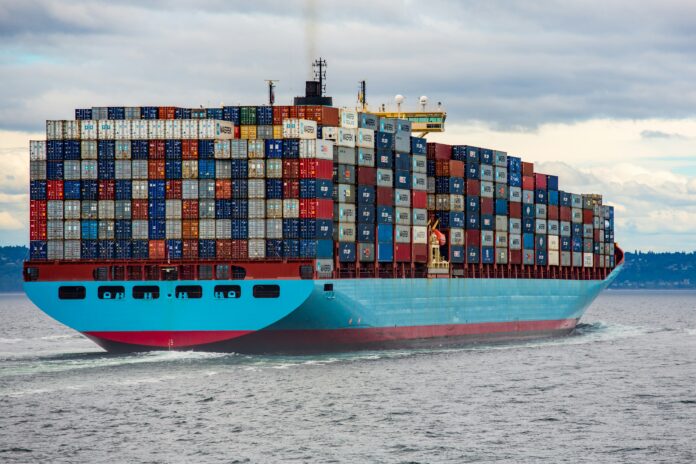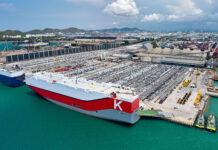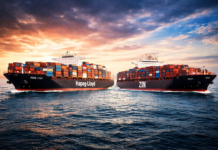
As Japan International Freight Forwarders Association (JIFFA) reported, the United States and Saudi Arabia have openly rejected the International Maritime Organization’s (IMO) proposed Net-Zero Framework (NZF), set for discussion in October. Both countries argue the plan would drive up trade costs and overstep the IMO’s legal authority.
Washington labeled the framework a “global carbon tax on Americans,” warning it would favor China while blocking established technologies such as LNG and biofuels, where U.S. industry already holds a competitive edge. Officials also hinted at possible retaliatory measures against governments backing the plan.
Riyadh raised similar concerns. Saudi authorities warned that taxing emissions from shipping could increase food and commodity prices, with the harshest effects falling on developing nations. They also questioned the legality of granting the IMO powers to collect funds, impose sanctions, and enforce compliance beyond the scope of the MARPOL convention.
The IMO’s Marine Environment Protection Committee (MEPC) will hold an extraordinary session on October 14–17 to finalize potential amendments to MARPOL Annex VI. If adopted by two-thirds of member states, the NZF would take effect in March 2027 and be formally introduced on January 1, 2028.
The pushback from Washington and Riyadh has cast doubt on whether the framework can gain the support needed to move forward, leaving the global shipping sector watching closely.





